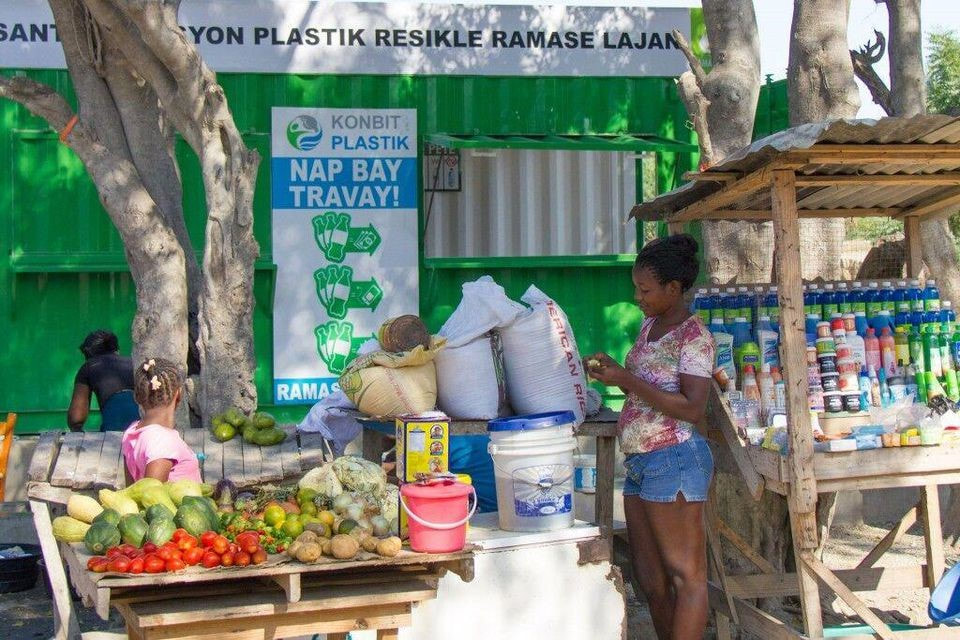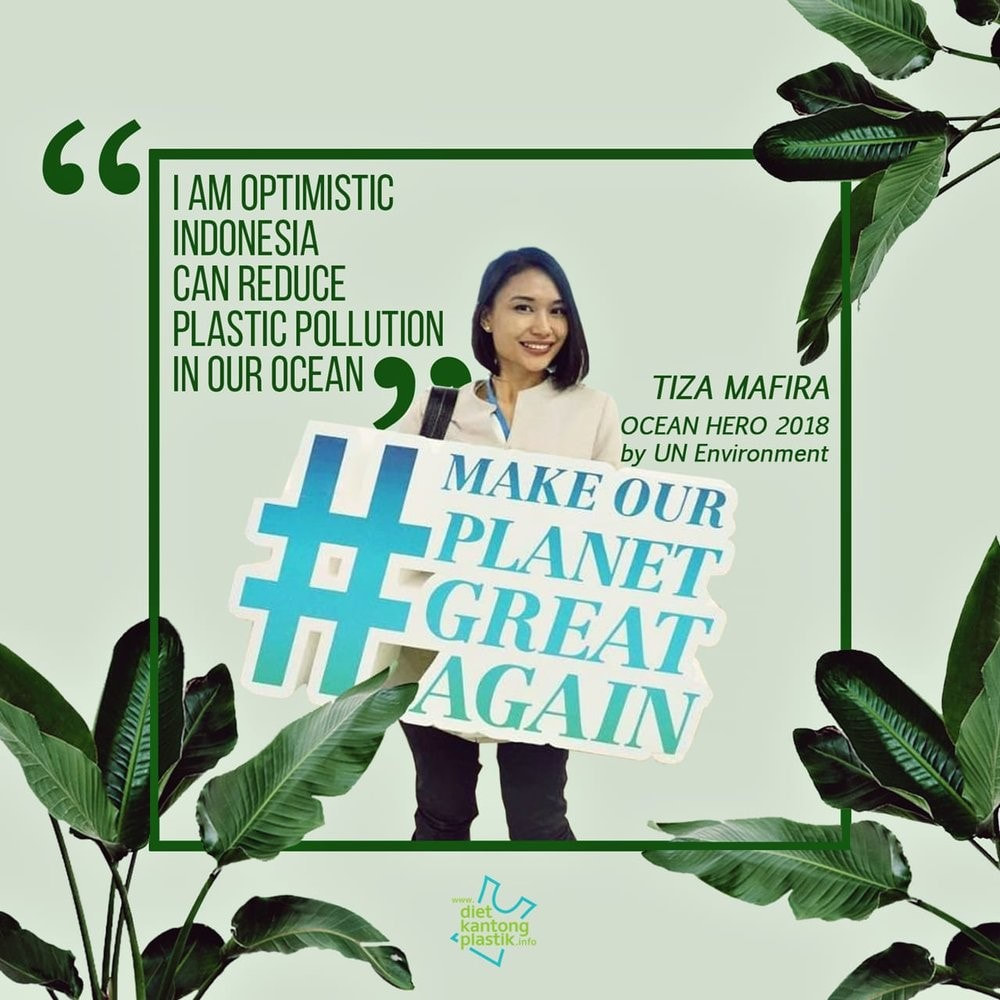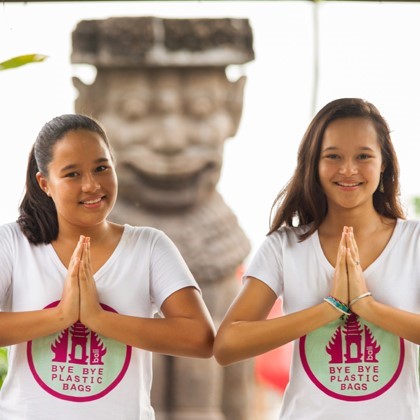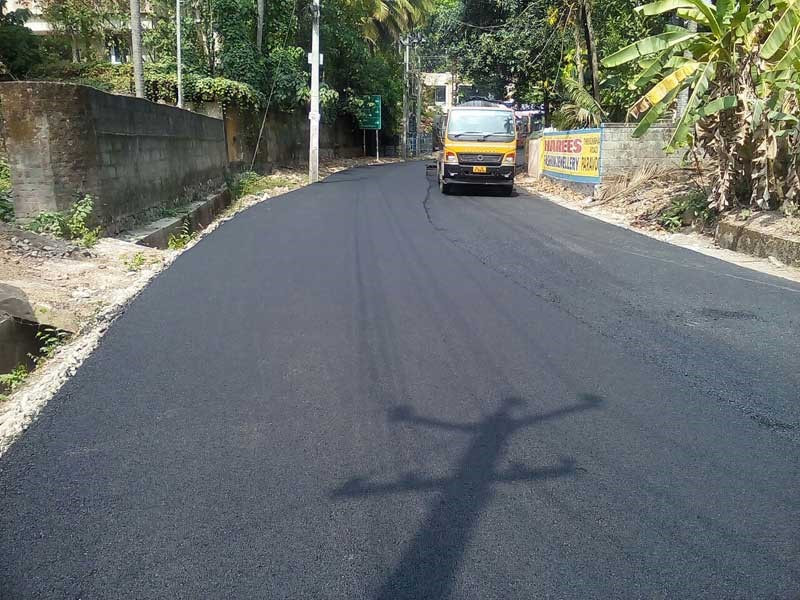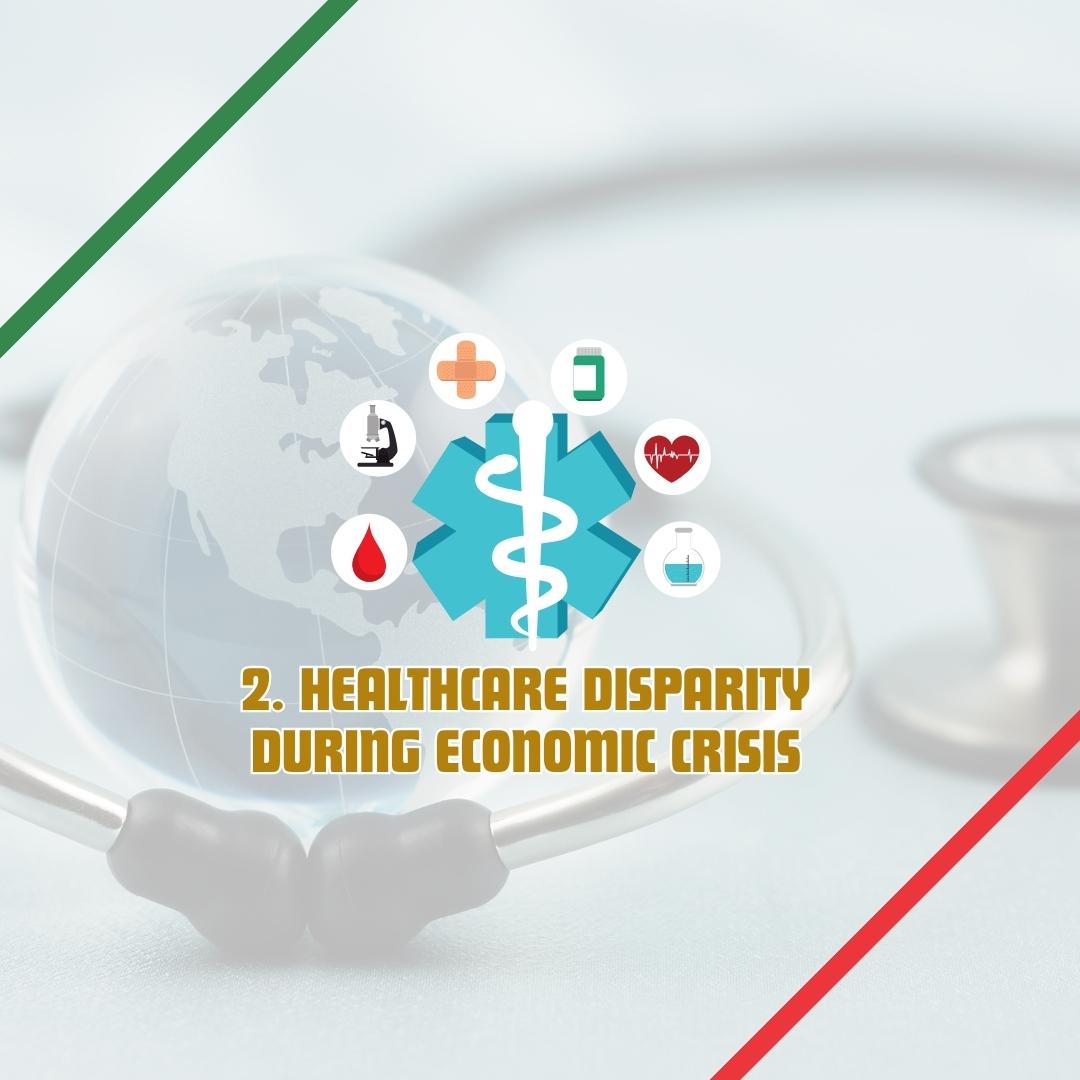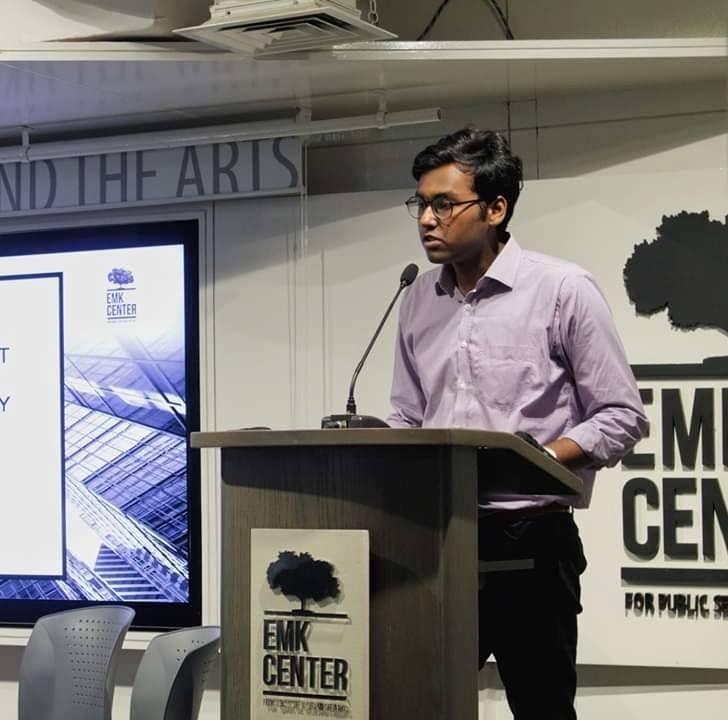ECONOMICS STUDY CENTER, UNIVERSITY OF DHAKA
|
Tahmid Hasan Plastic pollution is now a major threat to our environment. Plastic was once considered a miracle product for human beings. But with time it has become an enemy of everyone. The growth of plastic waste threatens the survival of our planet. Despite having major consequences, plastic use is rising around the world. After its invention in 1907, plastic gradually became a popular product in the everyday life of human beings. Its popularity is essentially due to the fact that it is cheap and light. It revolutionized the entire packaging system by allowing the safe storage of food and drinks for a long period of time. We can say our life pretty much depends on it. But there are huge costs attached to the increasing use of single-use plastics. The durability and resistance to degradation which makes plastic useful are the very same reasons why it is so dangerous. Since plastic cannot biodegrade and disappear fully, it breaks into smaller and smaller pieces. This ultimately reaches the food chain and impacts adversely. According to the UN Environment, 300 million tonnes of plastic are produced every year. It is estimated that only 9% of all plastic waste ever produced has been recycled. While about 12 % has been burnt, the rest 79 % has accumulated in landfills or the natural environment. A staggering 8 million tonnes of plastic are now thrown away in the oceans each year despite its potential threat. However, the world is not sitting idle. Countries have taken up different schemes and policies to fight plastic and reduce its use. Individuals, entrepreneurs, and NGOs around the world are remarkably fighting against plastic pollution to make our lives better. From creating awareness to designing eco-business models, to coming up with technological innovations, these people are creatively and smartly fighting the war against plastic. This article presents 7 inspiring stories about the people fighting against plastic The Plastic Bank: Turning plastic waste into currency The Plastic Bank was founded in 2013 by David Katz and Shaun Frankson in Vancouver, Canada. This organization aims to stop ocean plastic while reducing the level of poverty. The Bank operates in places with high levels of poverty and plastic pollution. They are tackling the pollution by turning plastic waste into a currency. It is currently operational in Haiti, the Philippines, and Indonesia. People in these countries can collect plastic garbage and trade it for groceries, fuel, and other items or receive payment in blockchain through this bank. Plastic Bank provides more than the market rate for plastic waste, thus incentivizing the collection. The Bank also allows the local entrepreneurs to set up and operate a convenience store for the poor where plastic waste is the currency. Plastics collected through Plastic Bank are recycled and sold on to corporations at a premium as Social Plastic. As such, the organization is both keeping plastics out of the oceans and helping millions of people living in poverty build a better life. To know more about The Plastic Bank please visit: https://www.plasticbank.com/ Rethaka Ltd: Using plastic to make schoolbags It is a for-profit, woman-owned business based in South Africa aiming to reduce plastic pollution through sustainable techniques with a particular focus on underprivileged children. The organization was founded by Thato Kgatlhanye and Rea Ngwane. Rethaka produces repurpose school bags from recycled plastic and PVC billboards with built-in solar panels. As such, the students can use these bags at night as a source of light for their studies. This eco-friendly and trendy repurpose schoolbag enables young learners to continue their studies for long hours after dark with a renewable energy source. It also helps child pedestrians to move around at night. This schoolbag comes handy to students both during the day and night. What makes this organization special is the dedication of the founders to fight plastic through sustainable means with a view to creating a positive impact for low-income communities. Rethaka has provided thousands of repurposing schoolbags to children across 6 countries in the African continent. To know more about Rethaka Ltd please visit: http://www.rethakafoundation.org/ Tiza Mafira: Waging war on plastic bags in Indonesia Tiza Mafira has been campaigning against the use of single-use plastic since 2013 in Indonesia. A lawyer and director of the Indonesian Plastic Bag Diet Movement, she was awarded the Ocean Heroes 2018 by UN Environment for her inspiring work against plastic pollution. Tiza’s organization filed a petition in 2015 asking retailers to not give out plastic bags for free. After a six month trial, the country saw a 55 % reduction in the use of plastic bags. This inspired many provinces in Indonesia to formulate their own regulations and two cities in Indonesia have banned plastic bags in retail stores. Mafira also promotes for creation of zero-waste cities where every piece of plastic waste decomposes into nature or turns into raw material for production. Tiza Mafira is inspiring thousands of people to become more vocal against the use of disposable plastic bags. To know more about her activities please visit: https://www.unenvironment.org/ru/node/21910 Melati Wijsen and Isabel Wijsen: Teenagers fighting against plastic The two sisters from the Indonesian island of Bali have been campaigning against the use of plastic bags from a very early age. When they started out, they were just 10 and 12 years of age. Their initiative Bye Bye Plastic Bags aims to achieve a world free of plastic bags through empowering people by conducting education, campaigns, and political meetings. Founded in 2013, the organization has now grown into a well-known international movement against disposable plastic bags. Indonesia is the second-largest plastic polluter after China. Due to massive amounts of plastic wastes, some of the beaches in Bali are badly affected during trash seasons. The country has identified lack of education as one of the root causes behind pollution. In a country where plastic pollution is rampant, the war of Melati and Isabel Wijsen against the use of plastic bags is indeed motivating. Where the government is failing, the two sisters are giving the people of the island a hope. To know more about them please visit: http://www.byebyeplasticbags.org/ Kerala Plastic Road: Using plastic to build roads India’s per capita use of plastic is 11kg, which is fairly low, but with a population of 1.3 billion, the situation is rather horrific. By the beginning of 2019, local governments in half of India’s 29 states formulated legislations aiming at disposable plastic. Kerala, one such state, has devised a method to use plastic wastes found in the ocean for the construction of roads. While fishing, the fishermen in Kerala usually catch a huge amount of plastic wastes which they used to throw away until very recently. The state government in Kerala started a new initiative named Suchitwa Sagaram or Clean Sea which uses these plastic wastes from the sea to build roads. Under the scheme, fishermen are trained to collect the plastic and bring it back to the shore. These plastics are then shredded and turned into a material that is used in the construction of roads. There are more than 34,000km of plastic roads in India and these are considered to be more resilient to India’s extreme heat. This scheme is also helping to create employment in the state. This method can be taken into consideration by many countries whose oceans are highly polluted by plastic. To know more about this scheme please visit: https://theprint.in/india/governance/keralas-fishermen-are-making-roads-out-of-plastic-collected-on-sea/76815/ Tateh Lehbib Breica: Building homes out of discarded plastic bottles Tateh Lehbib Breica, a refugee, has been using discarded plastic bottles to build homes for displaced people. An engineer by profession, he has been constructing houses for Sahrawi refugees in the Algerian refugee camp called the Devil’s Garden. These houses made from plastic bottles protect the refugees from extreme weather in the desert. Tateh builds the houses by laying sand-filled bottles side by side like bricks. According to him, they are 20 times stronger than traditional bricks. Once the walls are up, they are covered with cement and limestone. Afterward, the walls are painted white to keep the temperature indoors cool by reflecting sun rays. The circular shape of the houses protects them during sand storms. Tateh has been backed by UNHCR through its Innovation Fund program to continue his innovative work. To know more about his work please visit: https://www.theguardian.com/environment/2017/jun/30/house-tateh-built-sand-filled-recycled-waste-plastic-bottles-western-sahara- Evoware: Reducing plastic waste with seaweed-based wrappings and sachets Evoware is an Indonesian based startup founded by David Christian in 2015. They are trying to solve the plastic waste problem through the use of seaweed. Their seaweed-based packaging is biodegradable, healthy, and even edible. Through their initiative, Evoware is also trying to improve the livelihoods of seaweed farmers. They are paying these farmers twice than what they usually get in the market because of the presence of middlemen. Evoware’s seaweed-based packaging includes small sachets, food wrappers, and cups. It dissolves in warm water making it a completely zero-waste product. It is innovations like this which can bring some positive change in our plastic plagued society. To know more about Evoware please visit: http://www.evoware.id/ These are just 7 of the many inspiring stories around the world about the people who are fighting against plastic. Countries are coming forward in joining the movement against plastic. It is necessary that we show gratitude to our planet which has long provided a shelter for us.
0 Comments
Leave a Reply. |
Send your articles to: |

